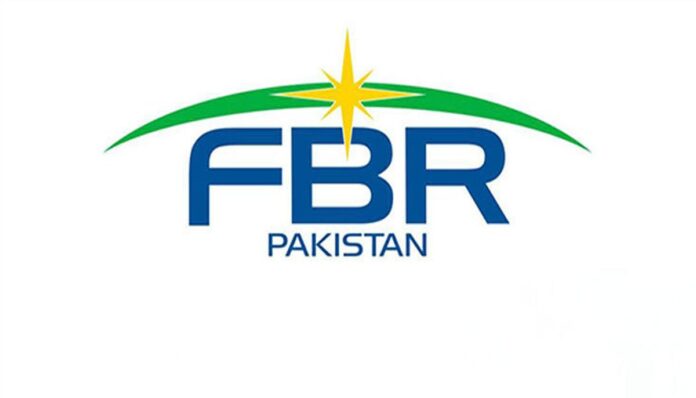Islamabad: The senate’s standing committee on Finance and Revenue has sought details from the Federal Board of Revenue about discrepancies worth $7.51 billion in imports and exports statistics with four major trading partners.
The meeting of the Senate committee was held under the chair of Senator Saleem Mandviwala which discussed the matter.
It was reported that Pakistani traders have allegedly been found involved in under-invoicing of imported goods of over $7.51 billion to four major trading partners namely: China, Singapore, Germany and the United Kingdom.
The four trading partners reported exports of $26.30 billion to Pakistan in 2022 whereas Pakistan reported $18.88 billion import from these countries, showing a disparity of $7.51 billion.
The chairman of the committee said that invoicing is being done on the items on which duty is not applicable. He also pointed to the under invoicing done in the case of solar panels that was reported last month.
The chairman FBR said that investigation of this matter is under way and sought a week’s time for furnishing a report. He said that there is a gap of $3-4 billion in trade volume with China and the FBR is working to acquire real-time data from China. He said that similar trade gaps exist in other countries as well.
The chairman FBR also said that Beijing has also agreed to share regulatory data. He also said that efforts are underway to exchange import-export data with China.
While deliberating on the news regarding “world bank urging Pakistan to eliminate tax exemptions” the committee was apprised that the news article had been examined in detail and the world bank acquired the exemption in taxation of real estate and agricultural sector and exemption threshold on personal income tax. It was informed by the FBR that no formal communication in this regard had been made by the world bank.
The FBR explained to the committee that tax on agricultural income is a provincial subject and the federal government cannot impose tax or grant exemptions on agricultural income.
With regards to the exemption threshold of both salaried and business individuals, the committee was told that the threshold is at R/s 600,000/- per annum.
It was apprised that neither any policy proposal is under consideration by the FBR to change this current exemption threshold nor the world bank has recommended the FBR to lower this threshold for this class.
The chairman FBR debated that provinces are failing to impose taxes on the agricultural sector.
He further informed that the number of taxpayers has reached 4.9 million which is a significant improvement from previous years. He said that in Pakistan, the tax cannot be applied on the low income which is 65% of the population, and further regretted that in Pakistan, 15 million people do not pay taxes, he said that the tax gap can only be bridged if 15 million people start paying tax.
The committee sought from the FBR a detailed briefing on taxpayers, its applicability and revenue generated besides the volume of direct and indirect taxes. The committee also sought details regarding smuggling and an estimate of the amount of tax evaded.
The committee also took up the matter of withdrawal of money from accounts of private bank account holders. It was briefed by the Governor State Bank of Pakistan (SBP) on five billion rupees fraud in Bank Al Habib Faisalabad, the money for which was withdrawn from various accounts.
The Governor SBP said that the total amount is about 254 million on which action has been initiated against the manager, the representatives of the affected families who were also present in the meeting said that the amount was around 350 million.
Of this amount, 270 million has already been reverted to the accounts within 6 weeks. The committee emphasised that such frauds in the banking sector should be monitored and action should be taken against those responsible.
The committee inquired whether or not there are any other victims in this matter, to which the Governor State Bank replied that, no other affected person has come forward in this case.
The committee also discussed fake currency notes which are circulating in the market.
The chairman committee said that the most fake currency notes are Rs 1,000 denomination, and said that fake currency notes are also coming out of ATM machines. The Governor State Bank has assured to change the security features of currency notes and said that this will help in curbing fake currency notes, he said that he also plans to introduce polymer currency in the future and said that It also has a higher lifeline.
The committee suggested the introduction of plastic currency to discourage fake currency notes.




